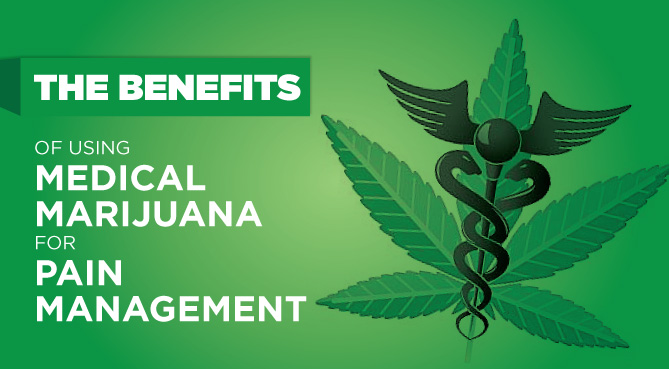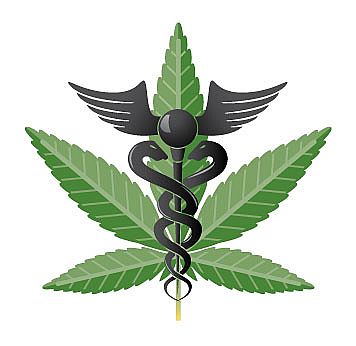Medical marijuana has been declared legal in as many as 23 states, Guam and the District of Columbia. Recreational use of marijuana is lawful in Colorado and Washington State. Medical marijuana is very much available and you can get it in diverse forms. It can be vaporized, ingested as a pill or smoked. Its edible version may also, be added to various foods such as chocolate bars, brownies and cookies.
Marijuana Studies Inconclusive
Marijuana has been classified as a Schedule Drug 1 by the federal Drug Enforcement Administration. This implies that marijuana has a high possibility of abuse and apparently has no legitimate clinical or therapeutic uses. Since it is regarded as a Schedule 1 Drug, it is extremely tough to carry on high quality studies or undertake intensive research on its medicinal benefits in the USA.

Some Evidences Demonstrating the Medical Benefits of Marijuana
- There is overwhelming evidence that marijuana is extremely effective in relieving some kinds of pain, vomiting, nausea and some other symptoms triggered by illnesses such as cancer, multiple sclerosis and AIDS. Marijuana is beneficial and significantly safe and less toxic as compared to some of the prescription drugs administered to alleviate the symptoms.
- According to some vital Consumer Reports, marijuana has been proved extremely beneficial for patients suffering from terminal cancer and advanced AIDS. It is believed that in these patients, the medical benefits of smoking marijuana clearly outweigh any risks whether suspected or substantiated.
- According to some studies by the American Academy of Neurology, marijuana when used in the form of oral sprays and pills proved very much effective in reducing stiffness as well as muscle spasms in several cases of MS. It is believed that the pills were successful in easing specific symptoms of MS including, numbness, pain due to a burning sensation and spasms. According to a study that was published in the reputed journal Neurology, marijuana also, eases overactive bladder.
- Marijuana has been administered for stimulating appetite in AIDS and HIV patients including some others who are suffering from lack of appetite because of a medical treatment or condition.
- Medical Marijuana is quite frequently in use for treating nausea resulting from chemotherapy.
Some Acknowledged Medical Benefits of Marijuana
Extremely Effective as Painkillers
Marijuana is said to have an ingredient referred to as THC, which is primarily responsible for its superb pain-relieving effects. It has been proved that THC actually activates pathways typically in the Central Nervous System. These work toward blocking all pain signals from being transmitted to the brain. Similarly, cannabis has proved to be hugely effective in alleviating neuropathic pain as well as nerve-related pain.
Helpful in Alleviating Nausea and Vomiting
THC in the form of a pill has been effectively treating vomiting and nausea in cancer patients. The first THC-based medicine that got legal sanction and approval by the FDA was Marinol. Over the years many such pills including Cesamet have come up and are being prescribed by physicians for patients going through chemotherapy.
Great Appetite Stimulant
THC is a fantastic appetite stimulant. It is known to work wonders thanks to its effectiveness in reducing nausea and stimulating appetite in both sick and healthy people. Cesamet and Marinol are frequently prescribed for boosting appetite in cancer patients and also, those suffering from HIV-associated wasting syndrome. Research reveals that Marinol is able to boost weight gain in anorexic individuals.
Useful in the Treatment of Asthma
It has been proved beyond doubt that THC can enhance breathing in asthma patients. This fact is supported by research findings as early as 1970s. Trials proved that smoking marijuana was effective in soothing asthma attacks.
Beneficial in Post-Traumatic Stress
Medical marijuana is extremely effective in PTSD. THC is known to trigger impairments of memory temporarily. Though this would seem like a drawback, it is actually helpful for those who are struggling to forget distressing and painful memories. Marijuana is especially effective in patients suffering from PTSD. It is known to alleviate symptoms such as nightmares, agitation and flashbacks.
Christina Ayers is a research scholar studying the role of marijuana in the world of medicine. Being very much aware of the legal status of recreational marijuana Colorado, she wanted to explore the pros and cons of marijuana in the clinical world.





